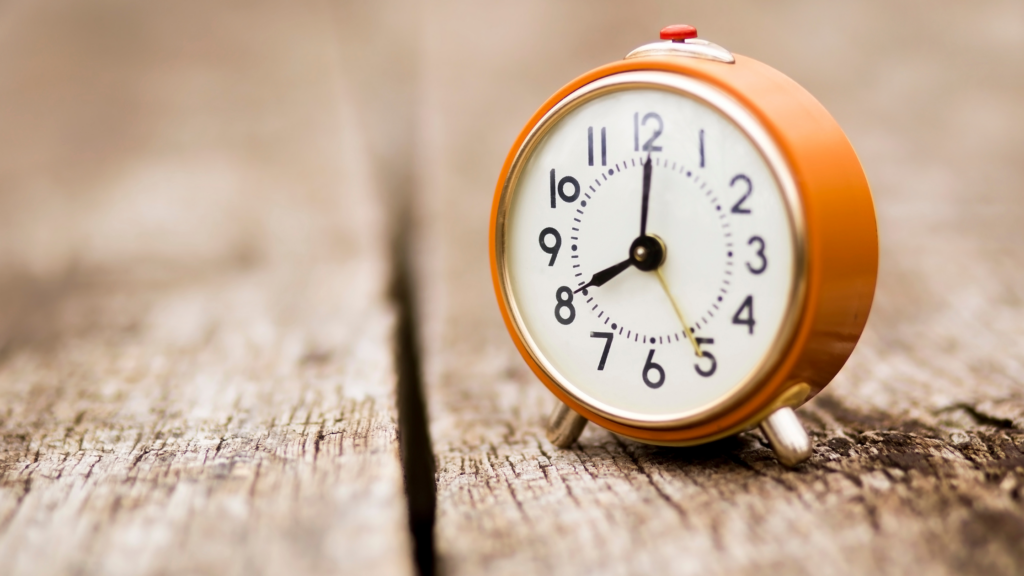Feeling a bit off this past week or? You’re not alone. It could be from turning back the clocks an hour when daylight saving time (DST) morphed back to standard time. Thinking we all got an extra hour of sleep is a fallacy and actually can be harmful to our health. The cumulative effect of five consecutive days of earlier rise times equals a net of sleep loss across the week. What’s important is to have a consistent circadian rhythm, which locks in the internal clock that regulates the sleep-wake cycle. That means going to bed and getting up at the same time every day in order to be most effective throughout the day and achieve balance.
Research suggests that sleep consistency fuels long life. The recent time change is a double whammy for someone like me who’s constantly traveling to different time zones and, as a result, experiencing jetlag. The easiest solution is to just get rid of this ritual, altogether. In fact, the U.S. Senate voted in March to eliminate the biannual time shift and make DST permanent. But the legislation has stalled in the House of Representatives with no consensus in sight for the remainder of this calendar year.
In the meantime, there are things we can all do to help soften the blow of this built-in sleep deprivation. One is to soak up some daylight as early and as much as you can to help regulate your circadian rhythm. Another strategy is to engage in movement or exercise, and if you’re feeling tired, then don’t overdo it with too much caffeine. You also want to turn off your screens on devices a little bit earlier to prime your body for deeper rest. The overall outcome will be improved wellbeing.
